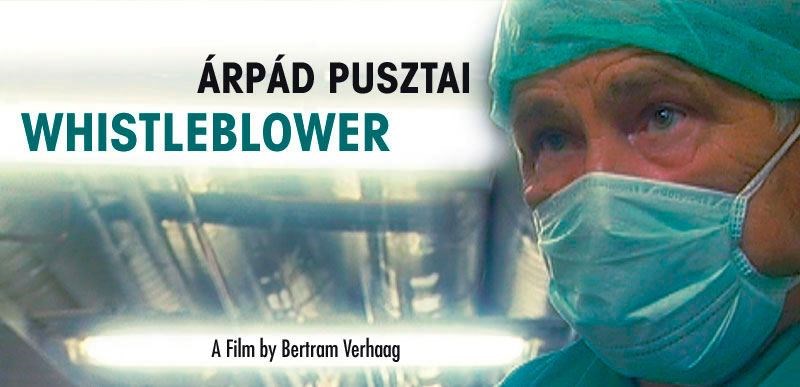 |
| ARPAD PUSZTAI (http://www.denkmal-film.com/abstracts/whistleblowe ()) |
Dr Arpad Pusztai could very well be one of the most divisive biochemists and nutritionists alive today. Known mainly as a world expert on food safety, he made headlines in 1998 when he publicly announced the results of his findings on feeding genetically modified potatoes to rats. He said that he would never eat genetically modified food, and also announced that not enough research had been done to allow the genetically modified foods to enter the human food chain. Pusztai found that rats developed immune system defects and stunted growth after a time period corresponding to 10 years of human life.
Pusztai also found that the genetically modified potatoes had negative effects on the rats’ immune systems and stomach linings. All this led to his firing and allegations of senility. He was 68-years-old at the time, and the controversy became known as the Pusztai affair. Some argue that his research was flawed, while others hail him an unsung hero. At the time he was working at the UK’s leading food safety laboratory, The Rowett Institute. A few days after his public declaration, he was suspended and a gag order went into effect. He was regarded as a world expert on plant lectins - defensive proteins that kill insects and other invaders - with over 300 scientific papers published.
The formal reason for his suspension was that he had presented these findings prematurely, before an opportunity for peer review as required by the institute where he was employed. Several days later, The Rowett Institute issued a statement saying that the genetically modified potatoes were never meant for consumption.
Pusztai sent the research protocols to 24 independent researchers across the globe, who ultimately justified his conclusions. He felt he had a duty to speak out, "just to inject some caution into this business. "Make no mistake, this is an irreversible technology. It is no good 50 years later to say: 'We should have known.'"
His conclusion was that the GM process had somehow made the potatoes less nutritious. The GM potatoes were not a commercial variety and were never intended for human consumption, but the lectin modification - which made them poisonous to insects - was an experimental model for other GM varieties.
"I was publicly funded and I thought the public had a right to know,” he said.
Some of the disputed data did eventually see ink in 1999, when Pusztai published a paper in the prestigious medical journal the Lancet. Because of its controversial nature, six reviewers reviewed the data paper - three times the usual number, before publication. Five gave it the green light. The paper showed that rats fed on potatoes genetically modified with the snowdrop lectin had unusual changes to their gut tissue compared with rats fed on normal potatoes. It has been criticized on the grounds that the unmodified potatoes were not a fair control diet.
Having no regrets and uninterested in media attention, he said “Ninety-five per cent of GM is coming from America, so naturally it is in their interests to push it. I have no ideological grounds against Monsanto [the biotechnology company]. For me it's a scientific argument. They have not done a proper job and they are just using their political and economic muscle to foist it on us."
Page created on 3/17/2016 12:00:00 AM
Last edited 3/17/2016 12:00:00 AM
